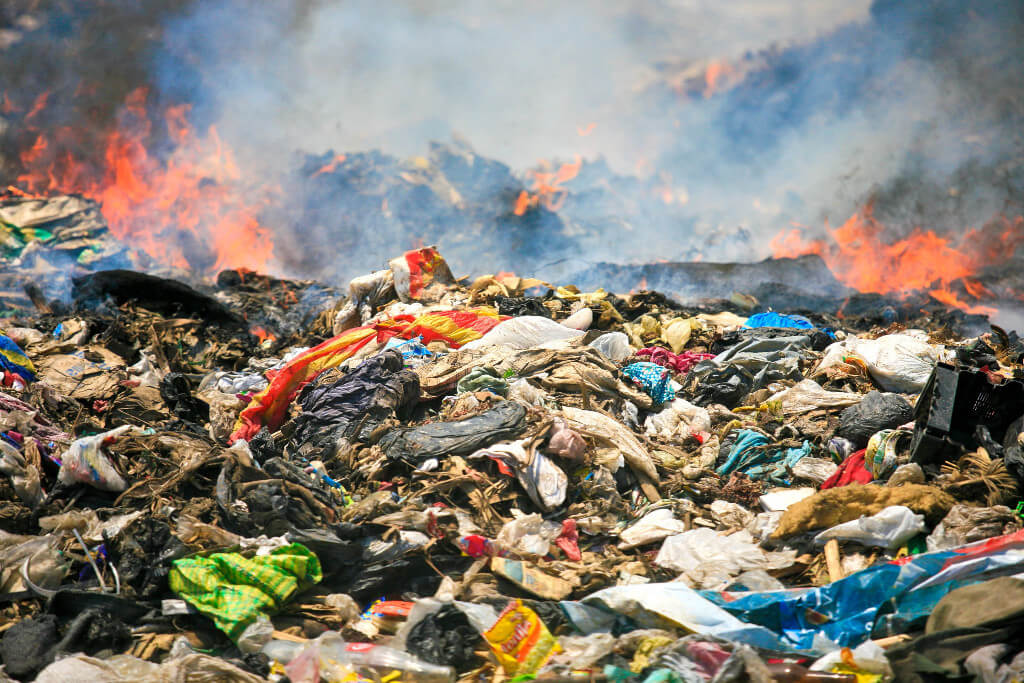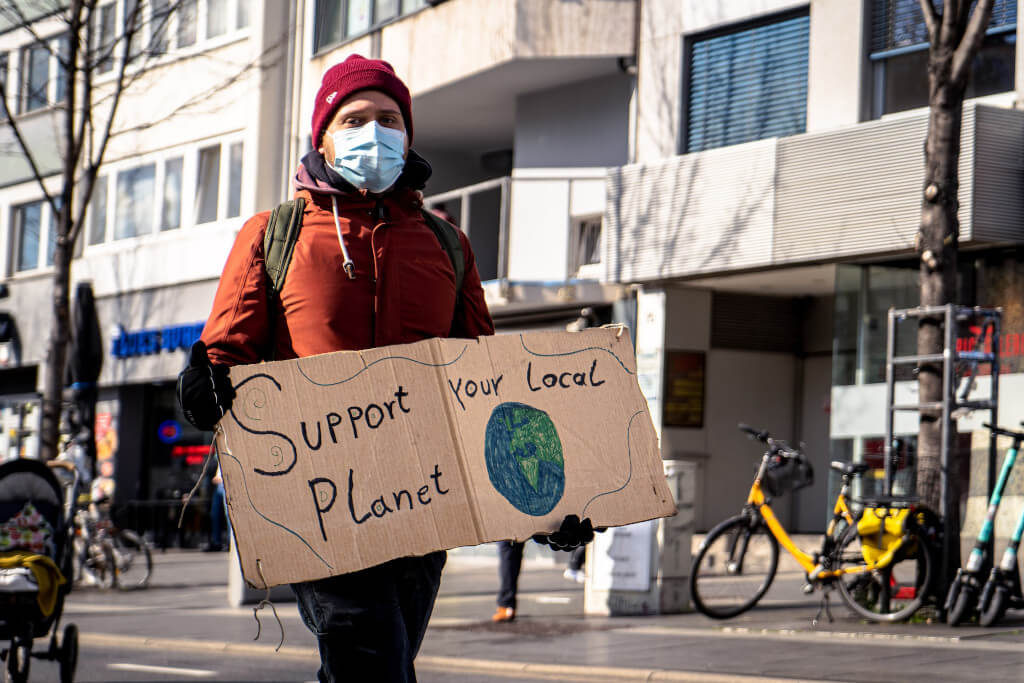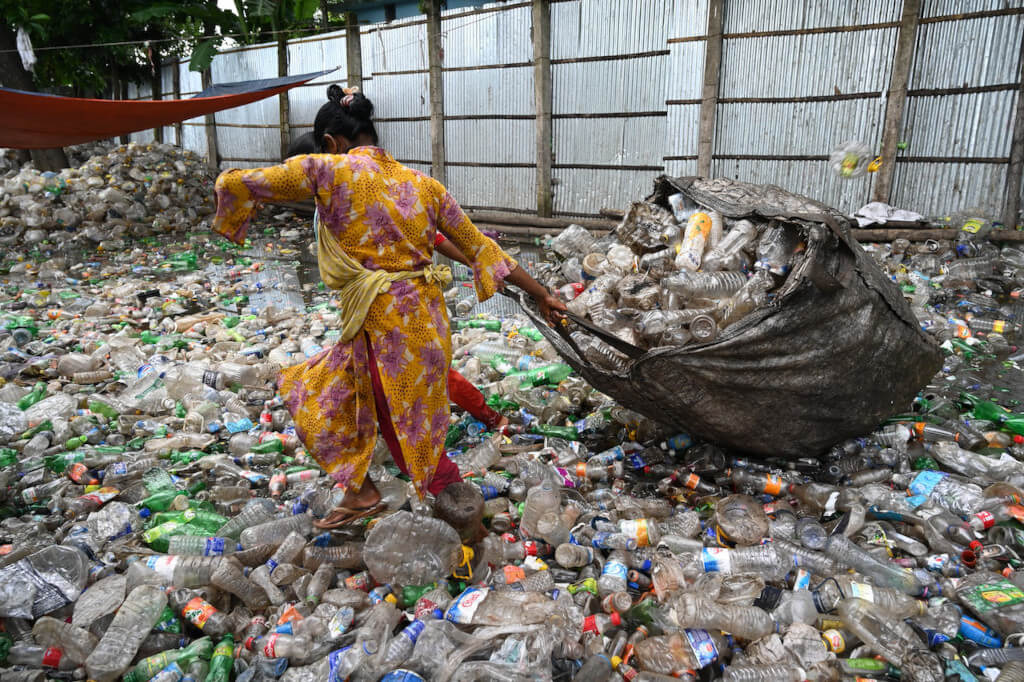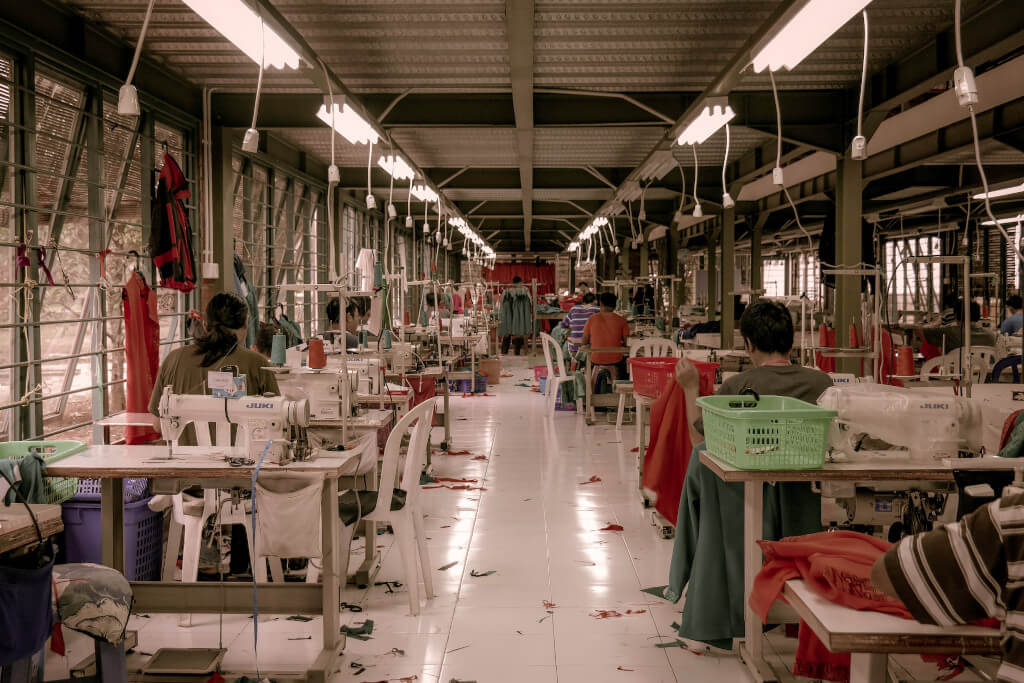At the meeting of African environment ministers that took place in Senegal in the middle of September, one of the most significant decisions in the annals of the continent’s waste management was made. The ministers laid the groundwork to put an end to the practice of burning waste and dumping it in open fields.
Putting this decision into practice will have numerous repercussions not only for the economy but also for the environment and society. It has the potential to prevent the loss of millions of lives across the continent. In 2016, the total amount of waste produced in sub-Saharan Africa was approximately 180 million tons, which represents about 9% of the total waste produced worldwide. It is estimated that only about 11% of this waste was discarded of in landfills that were appropriately designed and managed. More than sixty percent were taken to public dumpsites.
Up to 90% of the waste produced in many African cities is dumped in the open air. A significant portion of it is burned, which releases clouds of toxic pollutants into people’s homes, their lungs, and the environment. Dioxins, hydrocarbons, and black carbon are all examples of highly toxic climatic change pollutants that are included in these emissions. In addition, the breakdown of organic waste results in the production of methane, which in turn causes open burning and is a significant factor in climate change.
Both the people and the surroundings will suffer severe consequences. More than 1.2 million Africans lose their lives prematurely each year as a direct result of being exposed to air pollution. According to several studies, children who live near major landfills are more likely to suffer from chronic respiratory, gastrointestinal, and dermatological illnesses.
Burning Trash in the Open Presents Both Difficulties and Opportunities
The ministers who were meeting in Dakar were aware that immediate action was required because rapid urbanization is occurring across Africa, and waste is destined to continue growing in scale and complexity.
Measures to Be Taken Regarding Open-air Burning
Burning is among the earliest methods of waste management, but as the quantity and complexity of waste have increased, the practice has become increasingly hazardous. Burning plastic and electronic elements result in the release of an increasing number of chemical substances. This ensured that the topic would be discussed at the 18th African Ministerial Conference on the Environment, which took place in Dakar (12-16 September 2022).
AMCEN presented an excellent opportunity for Africa to strengthen its negotiating position in advance of the United Nations Climate Change Conference (COP27), which will be held in Egypt in 2022. And it came to a close with a courageous pledge to “eliminate landfilling and torching of waste in Africa by the year 2050.”
At the international level, discussions regarding the burning of waste in the open air have been held on the periphery up until this point. The first in-depth conversations from an African point of view on how to solve Africa’s waste problem took place at AMCEN-18.
In addition to the potential impacts on health and the environment, ministers recognized the enormous economic opportunities presented by improved waste management. An estimated $8 billion is generated annually from the recyclable materials found in Africa’s municipal solid waste, of which up to 80% is recyclable. However, as of right now, only about 11% is recycled, and most of that is done by the informal sector. It points to a significant opportunity for the creation of jobs and ways of making a living through the reuse of waste.
The AMCEN ministerial resolution acknowledged the potential for waste to serve as a resource for the creation of jobs and additional value. Additionally, it acknowledged the requirement of incorporating informal waste recyclers into the economies of African nations. This necessitates:
- Offering assistance on a technical and institutional level
- Enhancing the quality of working conditions
- Utilizing both their business acumen and their ingenuity as entrepreneurs
- Establishing financial incentives for informal waste collectors and small recycling businesses so that they can become legitimate businesses that pay taxes
In its resolution, the AMCEN formally requested support from various development agencies, including the African Development Bank, the International Monetary Fund, and the Green Climate Fund. It recognized the connection between the United Nations Sustainable Development Goals (SDGs) and the African Union’s Agenda 2063, as well as the impact that waste management has on global warming, ecosystems, public health, food production, resource shortages, and economic and social development. The ministers were aware of the underlying difficulties, such as:
- A general ignorance on the part of the public
- Legislation and enforcement that is not very strong
- Budgetary constraints prevent proper waste collection and disposal.
- Equipment that is both inadequate and broken down
- Absence of participation from the public
- Governance of waste management that is insufficient.
To address these challenges, member states were strongly encouraged to commit resources, as well as to develop and implement relevant policies, procedures, and laws. They could, for instance, offer financial incentives for the reuse of waste, as well as improve the monitoring of atmospheric pollution.
Collaborative Work on the Neighborhood Level
In African urban centers, biodegradable waste makes up more than sixty percent of the total waste produced. Another twenty percent of it can be recycled (such as paper, plastics, and metals). It would be possible to keep all of this waste that can be recycled and composted away from landfills. If this were done, by the year 2030, the open burning of waste would be reduced by sixty percent.
Countries can accomplish this goal by encouraging a behavioral shift among their populations and encouraging the use of waste as a supplementary resource input. It will require a monumental effort on the part of governments, local councils, the private sector, and civil society, as well as development agencies, community organizations, informal waste service providers, and recyclers.
The local authorities are the ones who are on the front lines. They need to collaborate with local communities to alter mindsets and ways of behaving, as well as enforce bylaws that restrict the burning and open-air dumping of waste. They should also establish the necessary infrastructure for the sorting of waste and the recycling of materials.
Action will take place at the local level, and the objective is to convince African nations and cities to participate in a partnership that is scheduled to be introduced at COP27.
The historic resolution passed by AMCEN demonstrated an unprecedented level of political commitment to addressing a significant threat to public health and the environment. It may take Africa between three and five years to begin to see the effects of this initiative, which include the creation of economic opportunities and the saving of lives.



